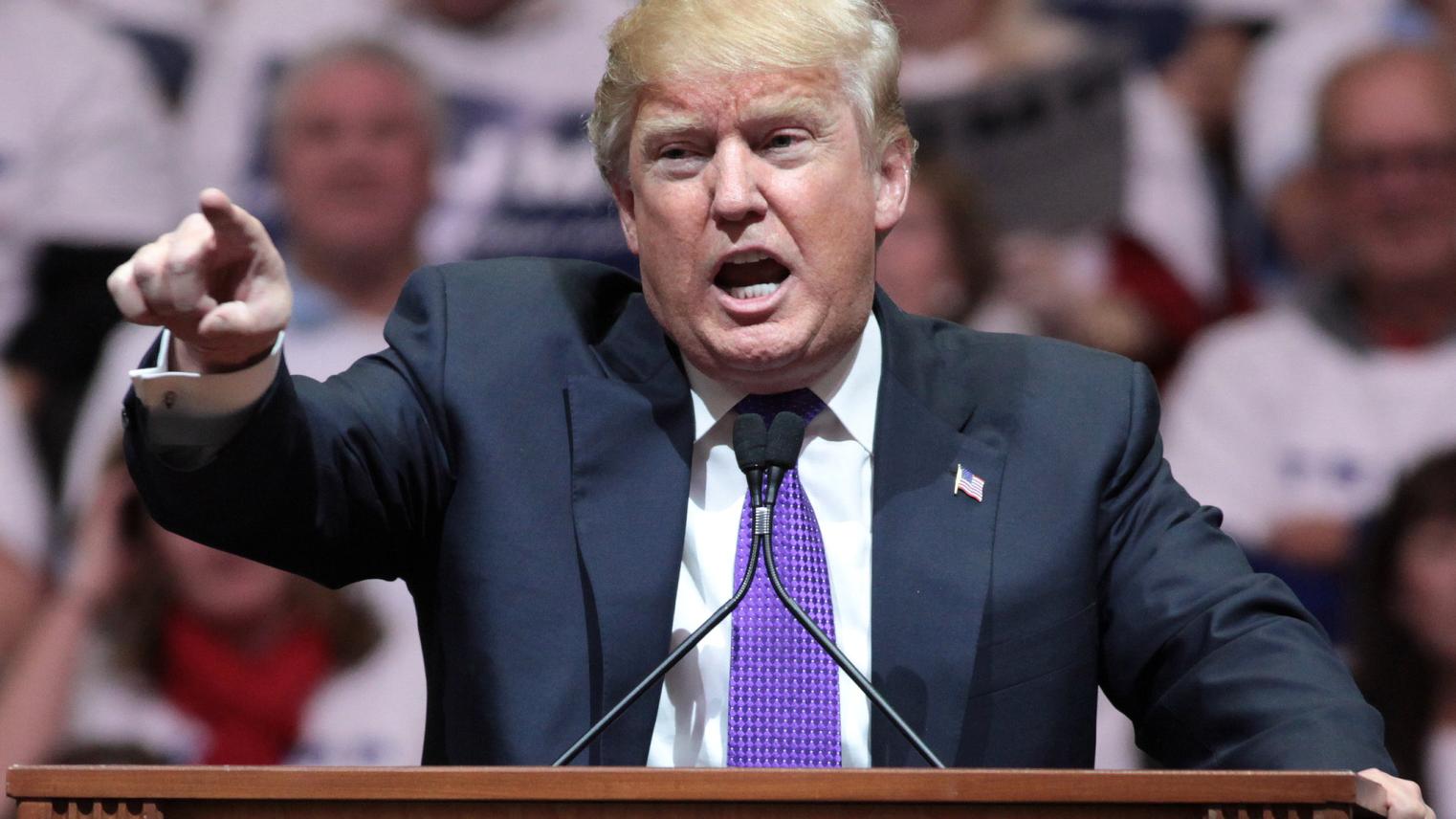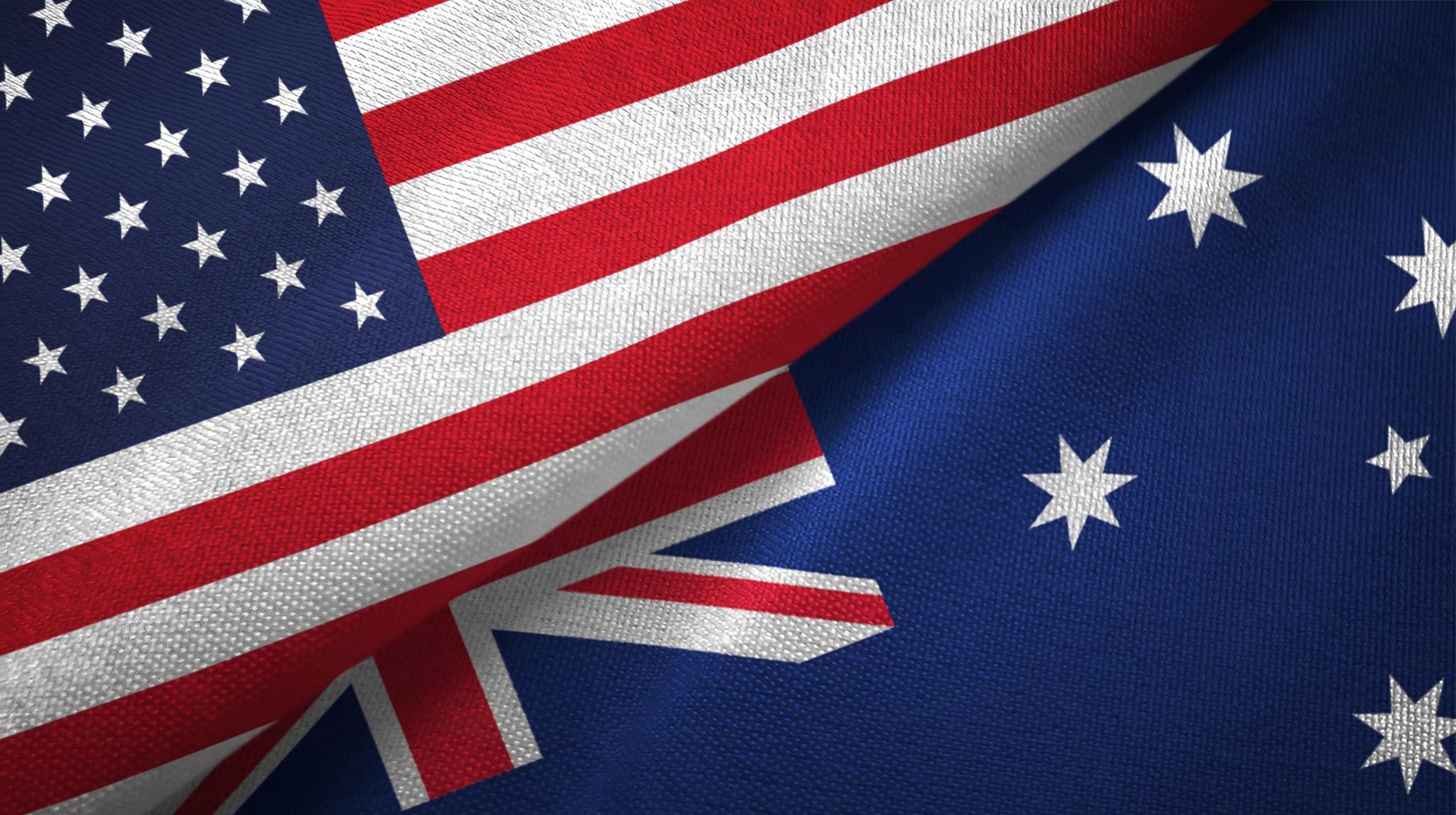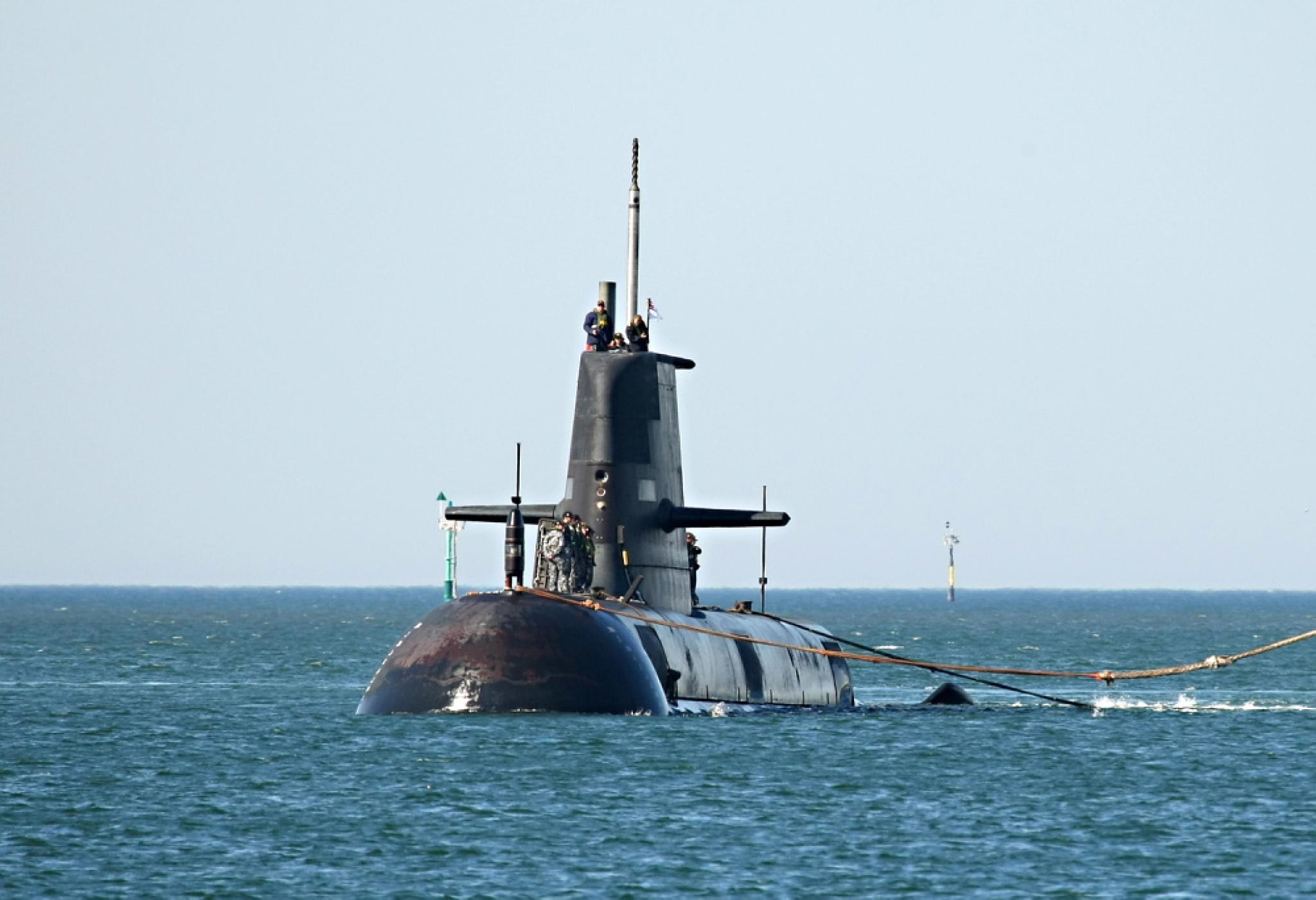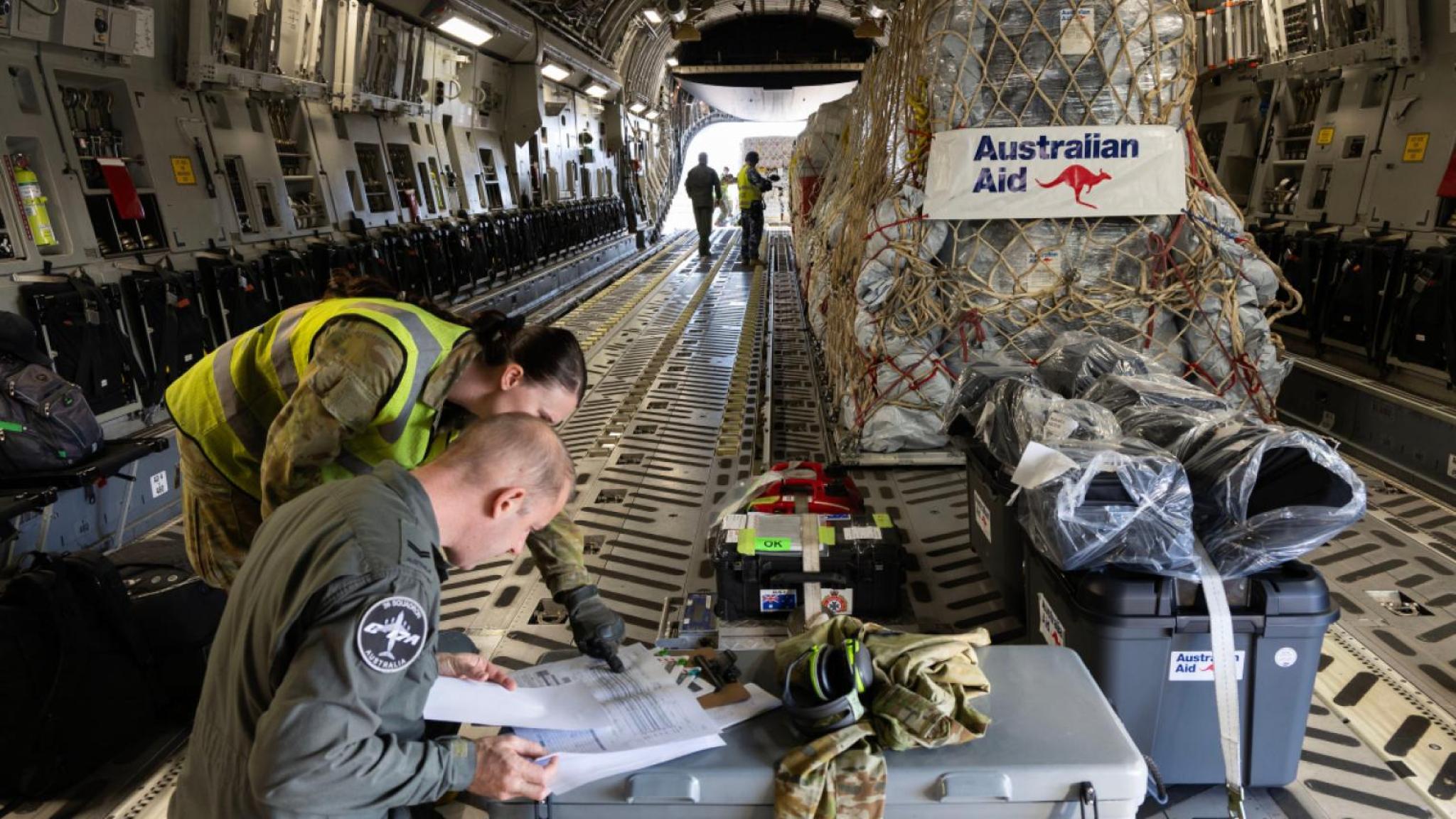Canberra has no excuses for failing to prepare for Trump 2.0

Donald Trump was already the frontrunner to win the presidential election, with the assassination attempt and his defiant response only increasing his chance of victory.
Global capitals, including Canberra, are abuzz with policymakers anticipating a predictably unpredictable second Trump term. But unpredictability doesn’t mean Trump is random or absent strategy.
Trump will be better prepared than his first time in office. Australia, therefore, has enough of a road map to use the next six months to plan for Trump 2.0, which will require Canberra to avoid any penchant for reactive thinking or falling into a flat-footed state of voyeurism.
Australia, and our partners in the Quad, fared well through the first Trump administration by anticipating those areas where we needed to defend ourselves and where we could co-operate.
Trump considers the actions of allies more important than words. That can help shape four main lessons to navigate potential sources of friction and opportunity over the next four years.
First, Australia should showcase its national security credentials. Strategic rivalry with China, especially on technology, will be front and centre of a second Trump term.
Restricting Beijing’s access to advanced technologies has been a bright light of American bipartisanship, with President Joe Biden expanding Trump-era policies.
Given Trump says he wants “total independence from China” and to “stop China owning America”, we can expect further expansion of the technology-driven economic security agenda.
Many of these measures are in Australia’s national interest, but Canberra will need to encourage protection of our respective and collective sovereignty, not mere protectionism. When Australia became the first country to exclude “high-risk” vendors – namely Huawei – from its 5G network in 2018 it was done to protect critical infrastructure. The decision gained respect within the Trump White House and across Washington, given the call was made without knowing the US decision.
Australia’s 5G decision helped rally a global coalition to mitigate Chinese technology risks and address the shifting technological balance away from the US and its allies. Meanwhile, Australia pursued broader reforms in areas such as foreign investment screening and countering foreign interference, in part to protect cutting-edge technologies.
Australia’s clear-eyed approach to China provides a strong track record for engaging Trump and his team. In doing so, it will be important to show how Australia’s recent diplomatic stabilisation with China has not changed Australia’s willingness to “disagree where we must”.
Second, Australia should share the burden of deterring aggression. Trump wants peace through strength. This includes countering adversaries as well as preventing allies from free-riding on US security guarantees.
Australia has shown a commitment to our own security and the alliance that should help avoid the “tough love” directed at the likes of NATO members and South Korea in Trump’s first term. Defence spending is set to increase to around 2.3 per cent of GDP within the decade. The 2024 National Defence Strategy sets out major strategy, force structure and capability reforms. Australia and the US have expanded collaboration on Australian soil. This includes rotations of US and British submarines through HMAS Stirling near Perth from 2027, enhancing nearer-term collective deterrence in the region.
Australia plans to pump around $6bn into US and British defence industrial capacity in the coming decade, a long-term play to support Australia’s acquisition of nuclear-powered submarines, under AUKUS Pillar I. Canberra should promote this investment to Trump every chance it gets. But history is short-lived and Trump’s White House will back in allies and partners who show an ongoing commitment to their own security.
Third, Australia should push AUKUS as a good deal.
Trump is transactional, a deal-maker. Even if he supports some or all AUKUS elements, the partnership will require long-term political, institutional and industrial effort across the US, UK and Australia to succeed.
For Trump and his closest advisers, Australia will need to sell the partnership’s advantages in making Australia a more capable and lethal ally, bolstering regional defence supply chains, and contributing to US-led deterrence of conflict in the Indo-Pacific. Australia will need to highlight AUKUS’s merits as a boon for US companies, rather than being a drain on their technology, industry capacity and workforce.
Trump has a history of tearing up or renegotiating agreements he judges as taking America for a ride. Australia should ensure Trump doesn’t see AUKUS as an American handout but a transaction that boosts US capability to muscle up to China.
Finally, Australia should be bold. Early in a second Trump term, the value of our partnerships should be reinforced, starting with Quad meetings that emphasise the grouping was revived in 2017 under his presidency.
If Trump is re-elected, the Albanese government and its representatives in Washington – starting with ambassador Kevin Rudd – will have a job ahead of them. But, unlike 2016, there are no excuses for being underprepared.
Jennifer Jackett is a Sir Roland Wilson Scholar at the ANU National Security College. Justin Bassi is executive director of the Australian Strategic Policy Institute.
This article first appeared in the Australian and The Strategist on 22 July 2024.


